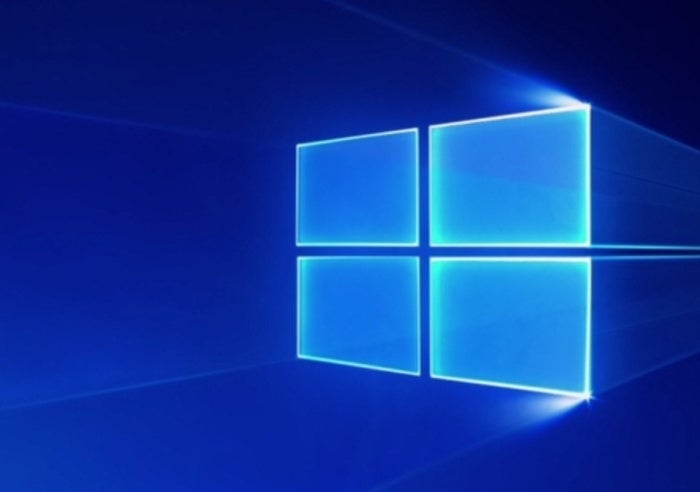There’s a reason why it feels like déjà vu all over again. The version of Windows 10 that was supposed to be ready to roll out to the world at large just got an “oh, wait a minute” update of several dozen minor bug fixes. It’s still too early to tell if the tiny tweaks cause more harm than good, but it might be prudent to hold off on the massive rollout for now.
On July 27, Microsoft declared that Windows 10 Creators Update, version 1703, had garnered what we used to call “Current Branch for Business” status. As Gregg Keizer reported, Microsoft determined that 1703 was ready to roll out to businesses. The next day, Microsoft posted information about a new security patch, KB 4032188, that added dozens of bug fixes to version 1703, bringing it up to build 15063.501. Somehow that patch never made it out the door, and Microsoft quickly removed reference to it.
Last night, Aug. 1, Microsoft re-posted the KB 4032188 article, and this time released the cumulative update to go along with it. Again, there are dozens of separate bug fixes, none of which seem particularly devastating for most folks (e.g., “dropped key on Microsoft Surface Keyboard,” “NTFS sparse files were unexpectedly truncated,” problems “launching a Settings app while another application is using the camera”), but in total they represent a whole lot of little things that one would expect to be fixed before rolling a new Windows 10 version out to the mainstream.
For the record, KB 4032188, dated July 31 and released late Aug. 1, brings Windows 10 version 1703 up to build 15063.502 (screenshot)—one notch higher than the flash-in-the-pan version from July 27. Unexpectedly, this cumulative update also includes the .NET Framework July 2017 cumulative quality update for Win10 1703.

If you apply the update through Windows Update and you’re already on 15063.483, it’s a very tiny update, and the reboot goes by quite quickly. If you manually download the update from the Microsoft Update Catalog, it’s huge—almost 850 MB.
Of course, there’s nothing wrong with Microsoft fixing its Windows versions as quickly as possible, Patch Tuesday or not, even if the fixes are posted and pulled and posted again. But I have to wonder about the timing. Why was the Creators Update declared CBB (recently re-christened “Semi-annual Chanel (Broad)” then just “Semi-annual Channel” with a “Microsoft recommends” bullet) when somebody must’ve known that there were dozens of bug fixes waiting in the wings? How can Microsoft recommend companies deploy a new, clean version of Windows 10 with all of these known and fixed bugs swarming around?
Can we trust Microsoft when it says a new version is ready for business?
I’m convinced that the CBB declaration—the announcement that a new version of Windows 10 is fully baked—has become a political decision, divorced from the engineering realities.
I’m not sure why, but the lag time between release and CBB has fallen off precipitously. Version 1511 was released Nov. 12, 2015, and declared CBB on April 8, 2016—companies had 148 days to test the pilot version and watch for complaints from the unpaid beta testers. Version 1607 took 119 days (Aug. 2 to Nov. 29). With version 1703, we went down to 107 days (April 11 to July 27), except the “CBB” build we got obviously had lots of little problems.
With the pace of Windows 10 version rollouts now pegged at a heart-thumping twice a year, we should be able to rely on Microsoft’s declaration that a version is ready for prime time. It seems that’s not the case.
Discussion continues on the AskWoody Lounge.
Special thanks to AskWoody MVPs @abbodi86, @MrBrian, @ch100 and @PKCano.






